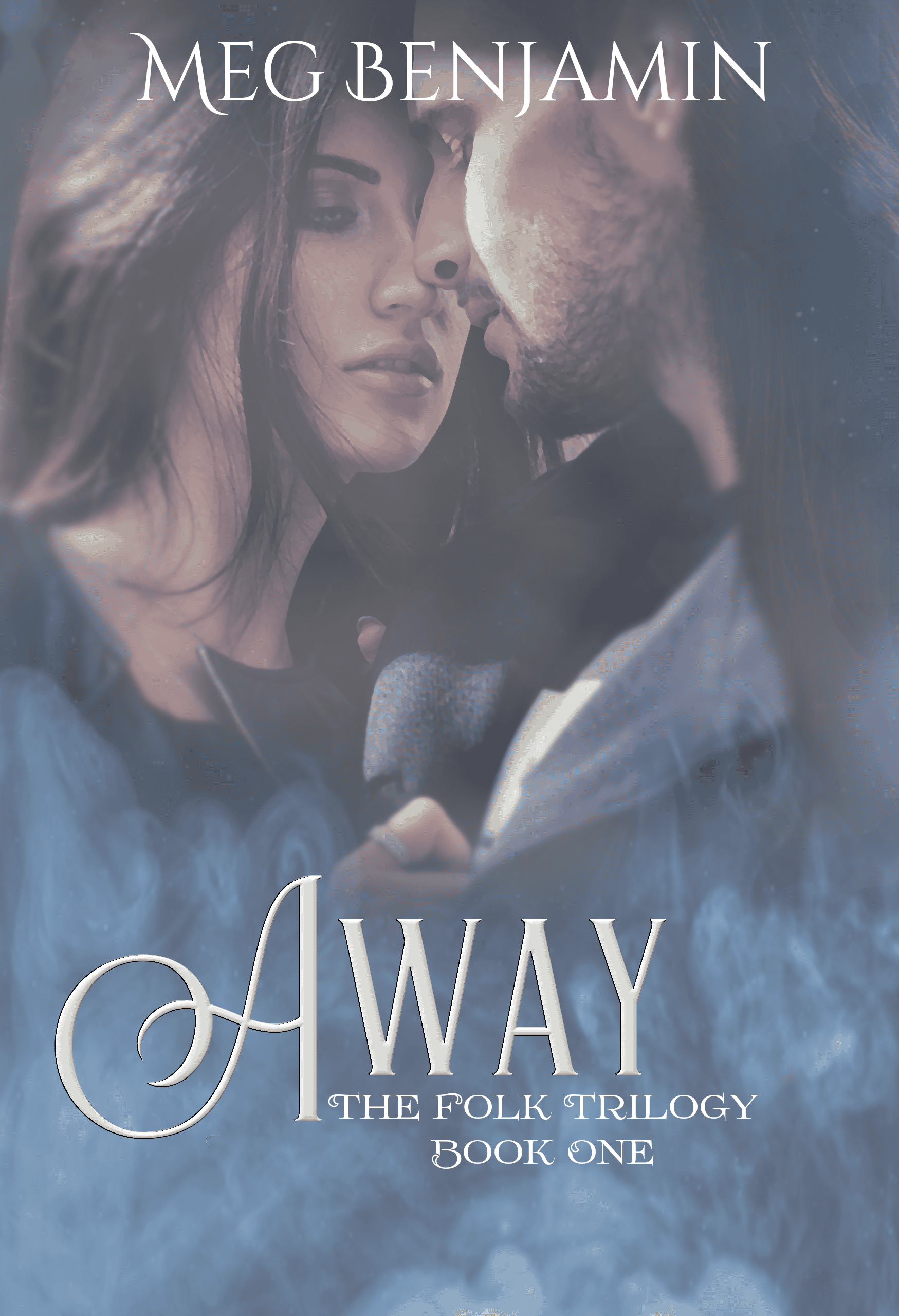Reader Reviews
 I’m on record as believing user reviews are basically a good thing. I can’t tell you how many times I’ve used these reviews for purchasing decisions on things like slow cookers. Reader reviews can come under the same heading, but not always. Some reader reviews are thoughtful and make a lot of sense. Some reader reviews are ridiculous. You pretty much have to know what kinds of things you like and don’t like before you start taking reader reviews to heart.
I’m on record as believing user reviews are basically a good thing. I can’t tell you how many times I’ve used these reviews for purchasing decisions on things like slow cookers. Reader reviews can come under the same heading, but not always. Some reader reviews are thoughtful and make a lot of sense. Some reader reviews are ridiculous. You pretty much have to know what kinds of things you like and don’t like before you start taking reader reviews to heart.
For example, I’ve had reader reviews that criticized my books for having too much sex. I’ve also had reader reviews that criticized my books for having sex that wasn’t hot enough. I consider these two opinions to be at opposite ends of the spectrum, but they were directed at the same book. Clearly, if you’re somebody who doesn’t like sex scenes in the books she reads (and good luck in finding a lot of modern romance that doesn’t include them), you probably won’t like my books. Similarly, if you’re someone who concentrates on erotica, you’ll probably find my sex scenes pretty tame. But if you’re someone who falls between these two extremes, neither review is going to be all that helpful to you.
Lately, I’ve seen a lot of commentary on authors’ loops about the fairness or unfairness of readers who leave negative reviews on books they’ve downloaded for free. The basic argument here is that, hey, it’s a freakin’ free book! So what do you want—your money back? Other, more level-headed authors have pointed out that people who read library books and borrowed books also get them for free and have also been known to leave negative reviews (although, to be fair, somebody bought a book here, just not the review writer). I can see the argument that everybody has the right to express an opinion on a book, free or not. On the other hand, if you download a book in a genre you hate (erotica, say, or inspirational), it seems remarkably mean-spirited to then criticize that book for fulfilling the demands of the genre.
I do read reader reviews, but not all of them. But then, I have a model to follow here. For over twenty years I taught at a public university where I was required to have my classes evaluated by my students once or twice every semester. At first, I read these evaluations carefully when they were handed back during the next semester. And I was always devastated by the negative ones, particularly the negative ones that seemed like personal attacks. But after a while, I began to figure out what was going on. Students who’d done poorly in the class because they’d slacked off or missed assignments or showed up only sporadically were pissed at me because they hadn’t been able to finesse their own weaknesses. They used the evaluations as a way to strike back. They didn’t have anything constructive to offer because they were getting revenge, so I basically stopped reading their comments.
Book reviewers aren’t really seeking revenge, but the nasty ones aren’t really trying to help you either. Reading reviews where the reviewer seems to have a personal ax to grind or where the reviewer is being negative because it gives him a feeling of power aren’t going to do much other than make you feel lousy. They sure won’t improve your writing.
And really that’s the only reason to look at reader reviews in the first place—to see if they can offer suggestions that could help your writing. If they can’t, you might as well sigh and move on.
Posted in Blog • Tags: book reviews, On Reading, On Writing | Be The First To Reply!








